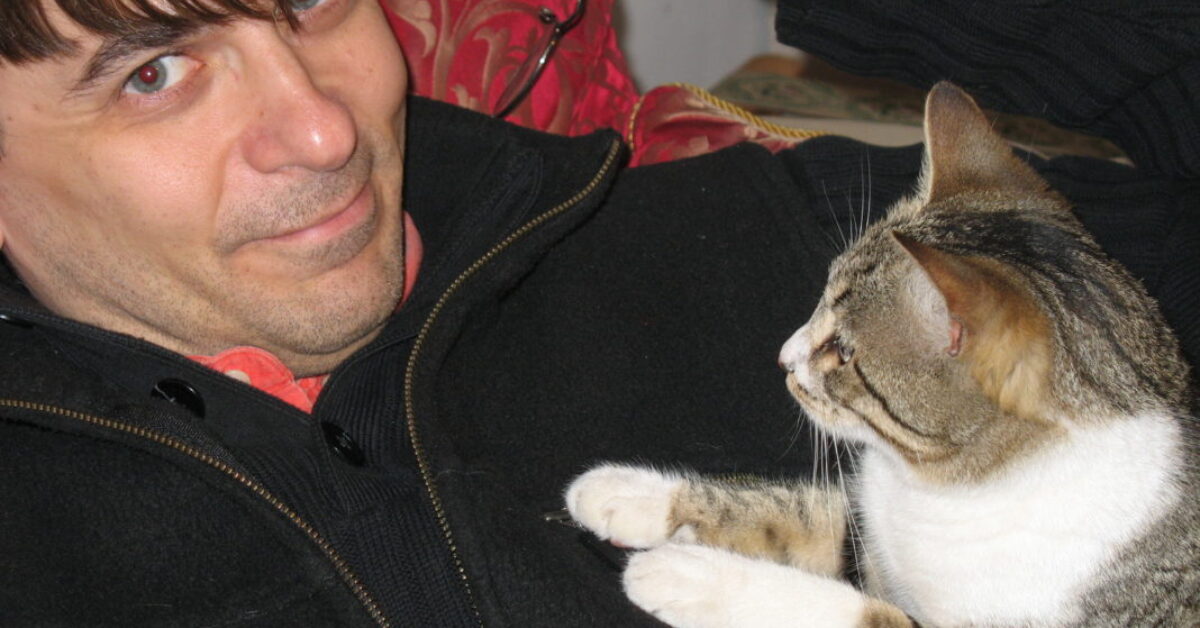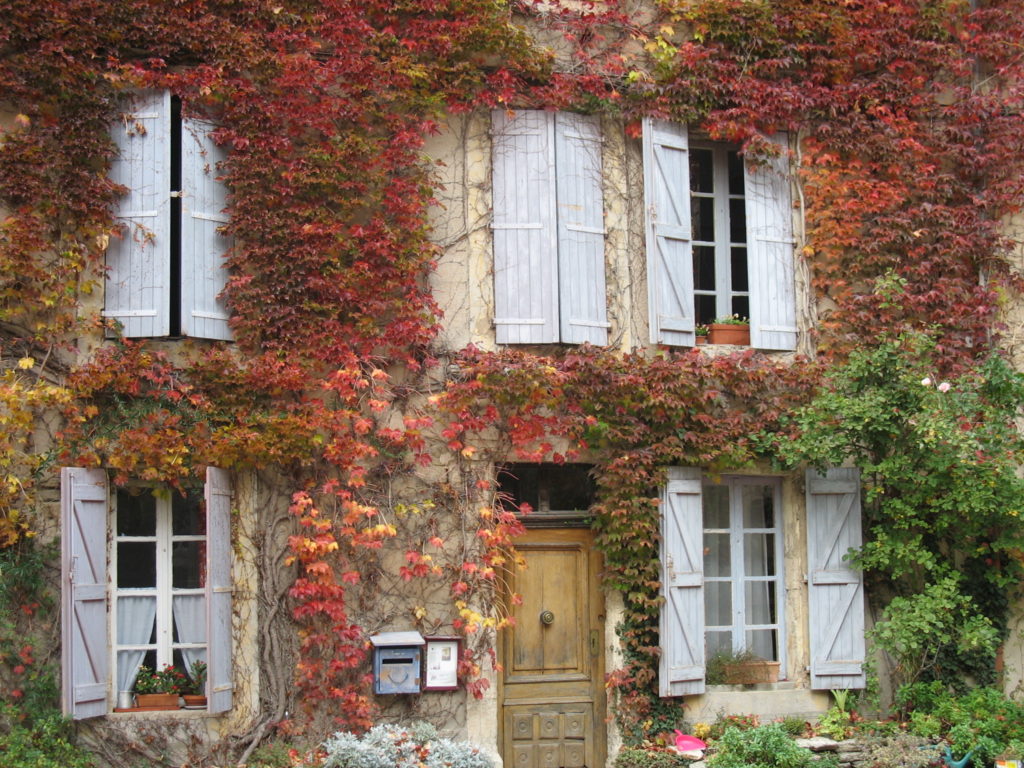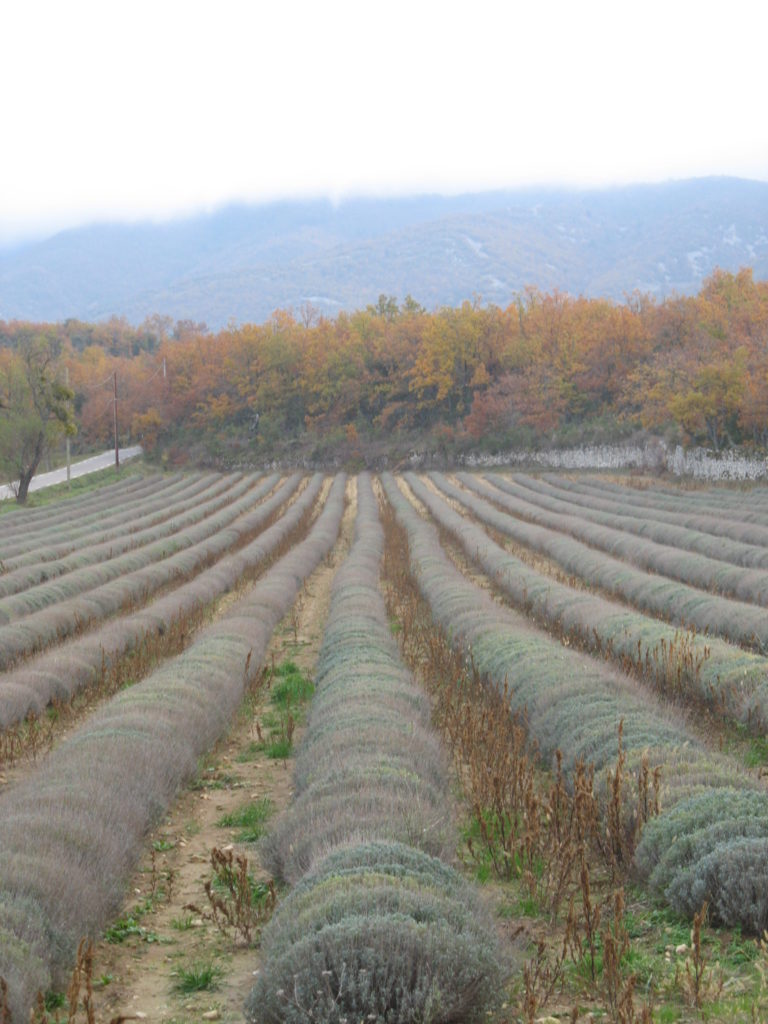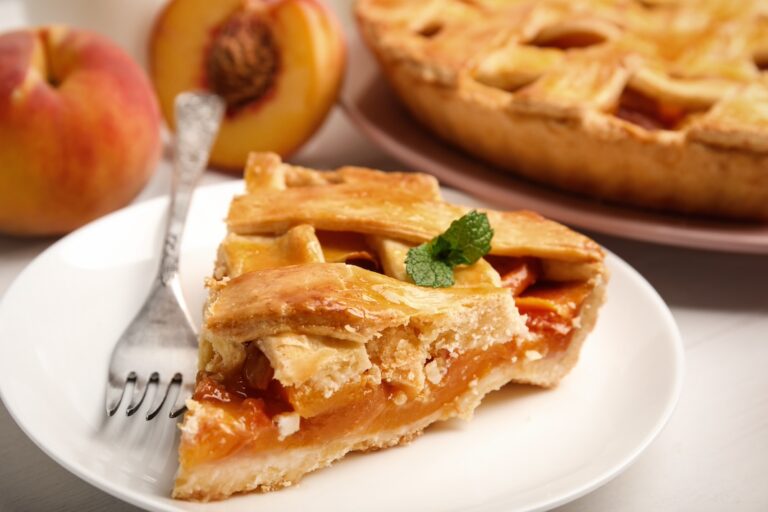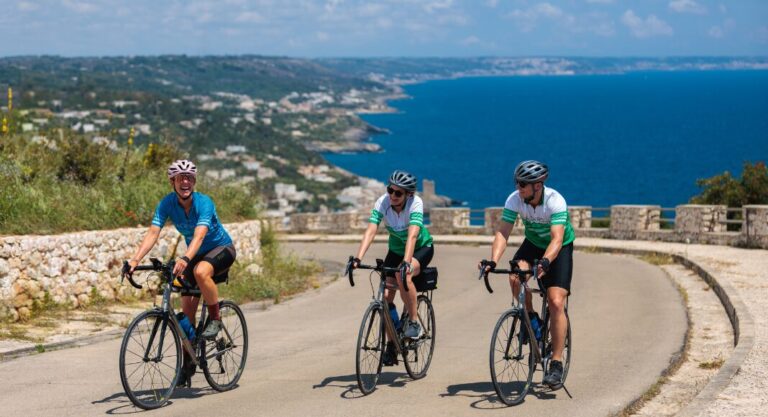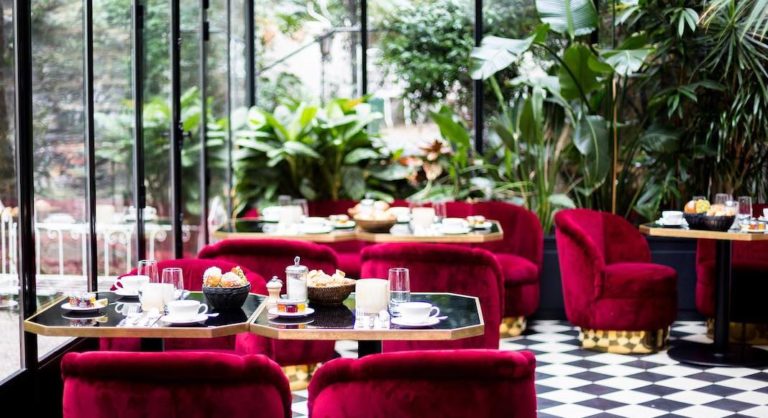In November of 2006, I was on a crowded flight to Paris with my then-girlfriend, Jane. We were on our way to her brother’s home in Provence for Thanksgiving. It was the middle of the night, and I was stuck in the middle seat. I couldn’t sleep and something was wrong. I’ve flown all my life, but I was suddenly claustrophobic. Panic was filling my chest. I needed space. I struggled into the aisle and immediately felt better. Until I realized I’d fainted and was lying on the floor. Merde. The crew gave me a Coke. A New York firefighter offered Xanax. I think Jane just went back to sleep. On the plus side, the crew moved the guy in the aisle seat somewhere, so I had more room as we continued east over the Atlantic. My pride was bruised, but what hurt more was my head and neck from hitting the floor.
That morning after landing, Jane and I dropped our bags at our hotel near the Sorbonne and decided to spend the day touring Paris, me with a bump on my head and a pinched nerve in my neck. My favorite Parisian petit déjeuner of café crème and croissants failed to raise my spirits. It’s hard to lose yourself in Monet’s giant, curved paintings of waterlilies at the Musée de l’Orangerie when you can’t turn your head. Although the “Burghers of Calais” at the Musée Rodin seemed to share my anguish.
By evening, I was exhausted and glad to get to the hotel. Until I saw our room. Other than a closet, it was the smallest room I’d ever seen and it made me claustrophobic again. I wished I’d accepted that firefighter’s Xanax. I needed a good night’s sleep. Turning out the light, the room was pitch-black. To a native New Yorker, complete darkness and total silence are a form of torture. Add pain that won’t go away, and it feels like a war crime. As soon as the first morning light crept through the window, I dressed and shuffled down Boulevard Saint-Michel to get the strongest pain reliever a nearby pharmacy could legally give me.
On the train south, Jane was looking forward to seeing her brother. I was looking forward, too – mainly because I still couldn’t turn my head. To see the passing French countryside out the window, I had to swivel my entire upper body. The pain was bad enough. But almost worse was the growing anxiety that was taking over my brain. My doctors were an ocean away in New York. Any doctors likely to speak English were being left behind in Paris. And we were going to Saignon, a small hill town, with winding streets and rocky outcroppings in the Parc Naturel Régional du Lubéron. Suffice it to say, it was a tad remote. A looming sense of dread grew with each passing mile.
Jane’s brother, Andrew, and his partner Marcia ran a small hotel and had planned a lovely Thanksgiving dinner à la française for us and some friends of theirs. On the holiday, they roasted un grand dindon and baked potimarrons, a small French version of a pumpkin with a chestnut flavor, pairing the meal with delicious local wines. The good wine seemed to help my neck pain, so after dinner, I offered to wash the dishes, partly to be a good guest . . . but mostly in an attempt to clean my own image. By then, I was sure everyone was looking at me like I was the lead character in Molière’s Le Malade Imaginaire. But bending over a sink and scrubbing pots and plates proved that drinking a bottle of vin rouge was no cure. It’s possible that I whimpered while I worked. After her friends left, Marcia sighed with relief and said she was so glad that “all the drama” had finally departed. Then she turned, saw me, and froze. “No,” I smiled. “I’m still here.”
Friday, my neck was worse. I asked Andrew to drive me to a clinic and, in my rudimentary French, I convinced a doctor to give me something – anything! – to help with the pain. My pinched nerve ignored whatever was in the shot he gave me. “I need to go home,” I told Jane. She nodded, knowing how miserable I was. “Yeah, you should go,” she said. “I might stay a little longer, though.” I thought I might cry. I knew I was asking for a lot, but the constant pain and the now constant anxiety had me on the verge of a nervous breakdown. Stretching didn’t work, aspirine didn’t work, pain killers injected directly into my neck didn’t work. I was a mess, and, worse, I was a pain in the cul. And I knew it.
But I couldn’t believe she wanted to put me on the train back to Paris and wave good-bye. “I can’t do it,” I said. “There’s no way I can navigate the train, the plane, the airports, customs and French people all by myself. I need help.” She grudgingly gave in, and we changed our tickets to return on Sunday. It meant getting through one more day, but that was better than the four more we’d planned; a small speck of a desert island seen through binoculars by a drowning man.
Our last afternoon in Saignon, we walked through town and the surrounding lavender fields. It would’ve been idyllic, if I wasn’t stabbed in the neck every time I lifted my camera and cocked my head to look through the viewfinder. Then, strolling past vine-covered buildings in Saignon’s main square, I saw a grey cat with black stripes and white legs by the bubbling fountain. Barely more than a kitten, she boldly trotted over to me and said, “miaou.” I picked her up, and she curled into the crook of my arm. As I petted her, Andrew said, “You should adopt her. I found my cats in town and they’re great. I’m flying home for Christmas. I can take her to a vet and bring her then.”
“I don’t know,” I said. She was sweet, and I loved cats. I grew up with several. But adopting a cat from France seemed indulgent.
Putting her back down, we continued our walk. I found myself wondering if she’d still be there when we got back. Returning an hour later, the cat was still in the square and following someone else. I was instantly jealous, but when she saw me she ran over at once. I scooped her up and, without being said, the decision was made. Her warm paws curled around my hand as I scratched her soft stomach. I started thinking of possible names while Andrew chatted with an older woman, the local baroness. “Are we sure this cat’s a stray?” I asked. “Oui,” she nodded, emphatically. I felt a small rumble from la chatte. “What’s ‘purr’ en français?” “Faire ronron,” was the baroness’ answer. And I knew her name: Elle Qui Fait Ronron.
I carried Elle back to the hotel and up the narrow staircase to our room on the top floor. When I put her down, she bolted out the door and down the stairs. We’d passed a bowl of cat food in the kitchen on the floor below. Elle had caught the scent and now helped herself. After her dîner, I brought her back up to the room, this time she jumped on the settee and immediately curled up, already at home. I laughed at that, sat down with her, and the next thing I knew she had climbed up the front of my polar fleece jacket. Elle’s half-lidded eyes and contented look did more for me than the aspirine, vin rouge, or whatever the doctor shot into my neck had. I smiled, feeling calmer than I had in days, and I leaned back against the cushions. Elle settled onto my chest, purring.
And that was where she stayed for the next thirteen years. Elle would go to sleep when I did, nestling between my arm and my chest, kneading me with flexing claws until I couldn’t take it anymore. When driving to my family’s house in the Berkshires, Elle would perch on my left leg and rest her front paws on my arm, watching the cars go by outside the window. It wasn’t the safest spot, but she wouldn’t be moved, and she got a lot of smiles from the people in the other cars. Elle liked being up high and was usually found on top of the bookcases or the refrigerator, regarding you with a palpable sense of ennui. About eighteen months after that Thanksgiving, Jane and I broke up. I got custody of l’enfant.
Elle was a talker. “Elle parle tout les temps,” I’d tell friends. Naturally, I talked to Elle in French, calling her “chaton” when she was sweet or “trublion” when she caused trouble. And Elle retained her French roots. Once, I brought home some freshly baked croissants and left them on the counter for a minute. She pulled the croissants out of the bag and politely helped herself. If I had cheese out, Elle would be on the table, ignoring the cheddar and nibbling the brie. Don’t even ask about pate. Once, I even poured a soupçon of vin rouge into a saucer for her. Just to see. She barely sniffed it. Probably annoyed it wasn’t champagne.
Time passed, I met Alix and we started dating. Two months later, we went to Paris for New Year’s, saying “Je t’aime” to each other under the Eiffel Tower. I introduced her to my parents and to Elle and we got engaged. Both coming from theater backgrounds, I made a Playbill program for our wedding. Elle was featured prominently – bien sur. Whenever we met someone new, Alix half marveled and half hated how I always found a way to work into the conversation that my cat was from France. It even appeared in my writing bios. A few years later, we moved to Brooklyn and our daughter Dillon was born. Dillon adored Elle from birth. Elle tolerated Dillon. As Alix would tell her, “Elle likes you, and I’m okay. But she loves Daddy.”
Then one morning in November of 2019, I noticed she’d lost weight. “When did that happen?” I took her to the vet, who ran some tests. When the x-ray image appeared on his computer, I knew. Her lungs were dark with cancer. “Too many unfiltered Gitanes cigarettes in her Saignon days,” I joked darkly. Everything ends. When you fall in love, forever seems to be the promise. But then, the years that seemed to stretch on for so long are gone.
Thirteen years, almost to the day since I found her, Elle was euthanized in my lap. I buried most of her ashes in the Berkshires, where she loved to roam. But I kept some to take back to Provence someday. I want to take Alix and Dillon to Saignon and show them exactly where I first saw the chaton we all loved. Who knows, maybe a new love will be waiting for us by the fountain.
Craig Pospisil is the award-winning author of the plays Months on End, Somewhere in Between, The Dunes, and Life is Short among others. His plays have been seen Off-Broadway, around the country, on six continents, and translated into French and seven other languages. A native New Yorker, Craig lives in Brooklyn with his wife and daughter. CraigPospisil.com

